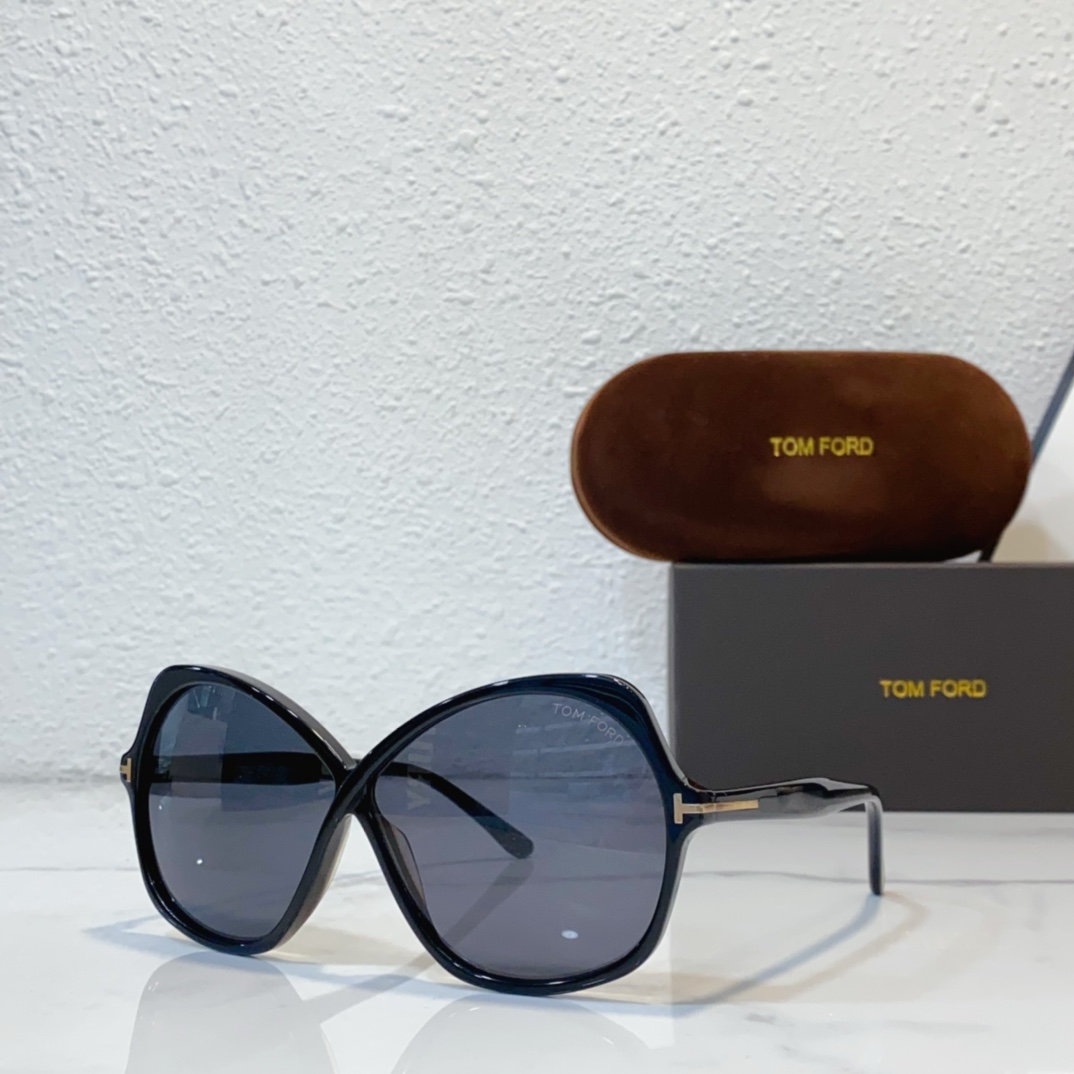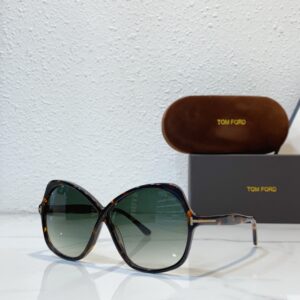The Evolution of Sunglasses: From Mass Production to Bespoke Designs
Sunglasses have undergone a remarkable transformation since their inception, evolving from basic protective eyewear to highly coveted fashion accessories. Originally designed to shield the eyes from harmful UV rays and glare, early sunglasses were mass-produced and lacked personalization. This widespread manufacturing catered to the general public’s need for eye protection, yet provided little in terms of style or uniqueness. The introduction of iconic designs in the mid-20th century, influenced by celebrity culture and luxury fashion, marked the beginning of a significant shift within the sunglasses market.
As fashion trends began to evolve, consumers increasingly sought individuality and personalization in their accessories, leading to the rise of bespoke designs. This movement towards bespoke sunglasses is closely linked to the luxury fashion industry, where exclusivity and craftsmanship became essential attributes. Consumers began to prioritize quality and craftsmanship over quantity, seeking out eyewear that reflected their personal style and identity. This preference catalyzed the emergence of custom eyewear brands that specialize in bespoke sunglasses tailored to individual tastes.
The process of creating bespoke sunglasses involves a high level of craftsmanship and artistry, allowing for unique design elements to be incorporated into each pair. Artisans often utilize premium materials, such as handmade acetate and high-grade metals, ensuring durability and aesthetic appeal. Furthermore, bespoke eyewear brands offer personalized consultations, enabling customers to customize various aspects, from frame shape to lens color. This attention to detail not only enhances the overall experience but also reinforces the value of bespoke eyewear as a statement of personal fashion. As we observe this rising trend, it is evident that consumers are increasingly drawn to the allure of bespoke designs, setting a new standard in the sunglasses industry.
The Role of Social Media in Shaping Sunglasses Trends
In the contemporary digital landscape, social media platforms such as Instagram, TikTok, and Pinterest have emerged as influential arenas for fashion trends, particularly in the realm of sunglasses. These platforms serve as vibrant visual stages where influencers and celebrities exhibit their styles, often featuring bespoke and replica sunglasses. Such endorsements play a pivotal role in shaping consumer preferences, making followers more inclined to purchase similar items showcased by their favorite personalities.
Influencers, leveraging their substantial followings, create a ripple effect that fosters demand for both custom-made and replicated sunglasses. When an influencer dons a particular pair of shades, they are effectively endorsing that product to potentially millions of viewers, thus generating significant interest. Furthermore, the immediacy and accessibility of social media allow for instant feedback, with followers eager to mimic the style of those they admire. This phenomenon results in a rapid cycle of trend evolution, where bespoke items gain visibility while replicas flood the market in response to growing demand.
Brands are increasingly recognizing the power of social media marketing as a tool to build connections with consumers, promoting not only the recognition of bespoke items but also reinforcing their brand identity. By engaging with audiences through targeted campaigns, companies can highlight their unique offerings while addressing consumer aspirations. On the other hand, the anonymity provided by social media often fuels a desire for affordable alternatives, with certain demographics gravitating towards replica sunglasses as a means of participating in the latest trends without the financial commitments associated with bespoke items.
As such, social media is not merely a platform for engagement; it has become a catalyst for trends in the sunglasses market. The interplay between consumer desires, influencer endorsements, and brand strategies creates a dynamic environment that shapes trends and influences purchasing decisions.
The Appeal of Replica Sunglasses: Affordability vs. Authenticity
The market for sunglasses has rapidly transformed over the years, with distinct segments catering to different consumer desires. On one end is the bespoke sunglasses market, celebrated for its craftsmanship and authenticity. Conversely, replica sunglasses have gained significant traction, mainly due to their affordability. This section examines the factors that contribute to the growing appeal of replica sunglasses, particularly in the context of the fast-paced nature of modern consumerism influenced by social media.
One of the primary motivations for purchasing replica sunglasses lies in their cost-effectiveness. Consumers are increasingly looking for stylish eyewear that fits within their budget constraints, especially younger demographics who prioritize fashion trends over brand loyalty. The accessibility of replica sunglasses has democratized fashion, allowing more individuals to participate in style trends without the financial burden typically associated with designer brands.
Social media platforms play a crucial role in this trend, often highlighting fast fashion as a symbol of contemporary lifestyle. The rapid turnover of trends on platforms like Instagram and TikTok encourages consumers to seek out popular looks without the hefty price tags that come with authentic pieces. Consequently, replica sunglasses become an attractive option for those aiming to emulate the style of influencers without compromising their financial stability.
However, the rise of replicas does pose challenges for the bespoke market. The prevalence of imitation products raises questions about authenticity and brand integrity. Consumers who opt for replicas may unintentionally support practices that undermine the artistry and craftsmanship inherent in traditional eyewear design. Moreover, the environmental implications of mass-produced sunglasses should not be overlooked, as the production process often contributes to increased waste and a larger carbon footprint, contrary to the sustainable practices many bespoke brands advocate.
Understanding the balance between affordability and authenticity is essential for a comprehensive view of the sunglasses market today. As consumers navigate these choices, the implications of their decisions will resonate through both their personal styles and the broader fashion landscape.
Future Predictions: The Integration of Bespoke Preferences with Digital Trends
The sunglasses market is experiencing a significant transformation driven by evolving consumer preferences and technological advancements. As bespoke products gain traction, the demand for personalized eyewear is expected to rise in conjunction with the proliferation of digital technologies. Among these innovations, augmented reality (AR) is poised to play a key role. AR technology allows consumers to virtually try on sunglasses from the comfort of their homes, thereby enhancing the online shopping experience. The ability to visualize how different styles and colors complement an individual’s unique features will undoubtedly contribute to the appeal of bespoke sunglasses.
Furthermore, online customization tools are increasingly becoming a staple in the sunglasses industry. Many brands are now offering platforms where customers can not only select the frame and lens style but also add personal touches such as engravings or custom color combinations. This democratization of design empowers consumers to create eyeglasses that reflect their personality, ultimately promoting a culture of individuality. With the integration of user-friendly customization options, the bespoke preference is expected to align with the digital landscape, creating new opportunities for brands to cater to the discerning tastes of their clientele.
Social media is another critical factor influencing future trends in the sunglasses market. Platforms like Instagram and TikTok have amplified the visibility of brands and products, allowing bespoke designers to showcase their craftsmanship and creativity. Influencers and user-generated content play a pivotal role in shaping consumer perceptions and preferences, driving a more engaged audience toward bespoke options. On the other hand, replica brands are also harnessing social media for marketing their products, often leveraging trends and viral content to attract consumers.
As technology continues to evolve and consumer behavior shifts towards personalization, it is plausible that both bespoke designers and replica brands will coexist in a dynamic marketplace. The challenge will lie in differentiating their offerings and ensuring that the unique value of bespoke products is clearly communicated. Innovations in design, coupled with social media engagement, will dictate the trajectory of the sunglasses market in the coming years.



